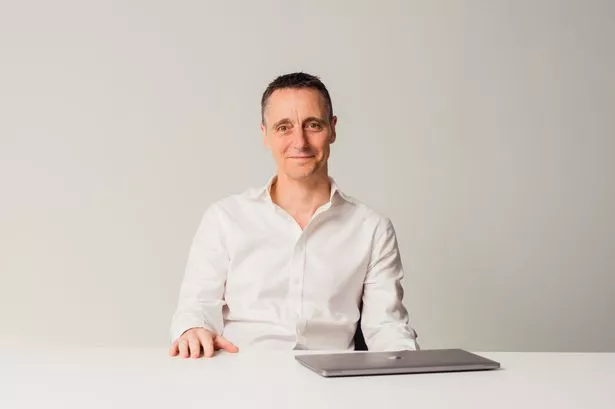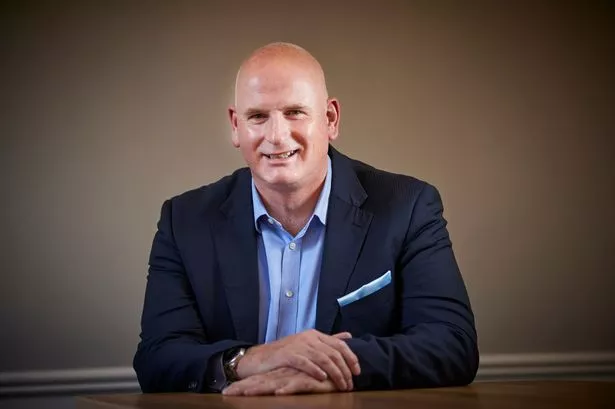
Wales’ biggest alternative telecoms provider Ogi has struck a £45m funding deal with the Cardiff Capital Region (CCR) to support its growth plans.
It has also secured a new multi-million-pound equity injection from its majority shareholder in Infracapital.
Read More:Haydale's graphene tech capturing carbon
Read More : Wrexham Lager in major Australia deal
Ogi said the new funding will further extend the reach of its full fibre network across the ten local authority areas that make up the CCR - Blaenau Gwent, Bridgend, Caerphilly, Cardiff, Merthyr Tydfil, Monmouthshire, Newport, Rhondda Cynon Taf, Torfaen and the Vale of Glamorgan.
The funding has come from the CCR's close to being full invested £1.2bn City Deal. The repayment term and interest rate haven’t been disclosed, but represents the biggest loan to date provided by the city region by a considerable margin.
The CCR, which in the spring became a legal entity as the first joint corporate committee in Wales, is looking to create an evergreen element to its City Deal investments with capital and interest received being reinvested. As a joint corporate committee the CCR now also has the ability to borrow prudently.
The CCR is also home to Ogi’s multi-million-pound high-capacity network spanning the South Wales trunk road network into England. Built to service the growing need for cloud computing, AI and data storage the new route also increases Wales’ appeal to datacentre operators, mobile carriers and hyperscalers.
After securing its first round of investment from Infracapital - the infrastructure equity investment arm of M&G plc - Ogi launch in 2021 bringing full fibre connectivity, telephony, and business IT services to underserved communities across Wales.
The challenger to the incumbent operators has since built a new fibre to the premise network to over 100,000 premises in South Wales, with 1 in 5 of those already signed up as a customer.
Each ‘full fibre’ community served benefits from a capital injection of around £5m, with the long-term economic impact estimated to be worth almost £5 for every £1 invested.
Ogi’s chief executive, Ben Allwright, said: “Right from the start, our ambition has been to become a leading Welsh telecoms company, and the last few years have certainly laid strong foundations for that goal.
“With key strategic sites like Aberthaw (former power station site which CCR acquired in 2022) to the south and the heads of the valleys to the north, there’s massive potential across the capital region – and partnering with CCR at such an exciting time in their own development is the next logical step for Ogi’s growth in southeast Wales.
“Together with further investment from our principal shareholder, Infracapital, this is yet another endorsement of our mission to make sure no Welsh community gets left behind.
”I’m immensely proud of the work the team at Ogi are doing across Wales, and this news – another leap forward in Ogi’s development - is testament to their commitment to making sure Wales keeps up to speed with the rest of the UK, and the world.”
Chair of the CCR, Councillor Mary Ann Brocklesby, added: “Ogi has taken regeneration to a new level with its initial investment – connecting communities to new possibilities right across the Cardiff Capital Region and beyond. Our investment into Ogi recognises that ongoing commitment to boosting the region, and the work already being done to bring vital connectivity to some of Wales’s biggest towns and villages”.
Ogi was advised on the transaction by Deloitte with CMS Law acting as legal counsel for the company and Infracapital.









